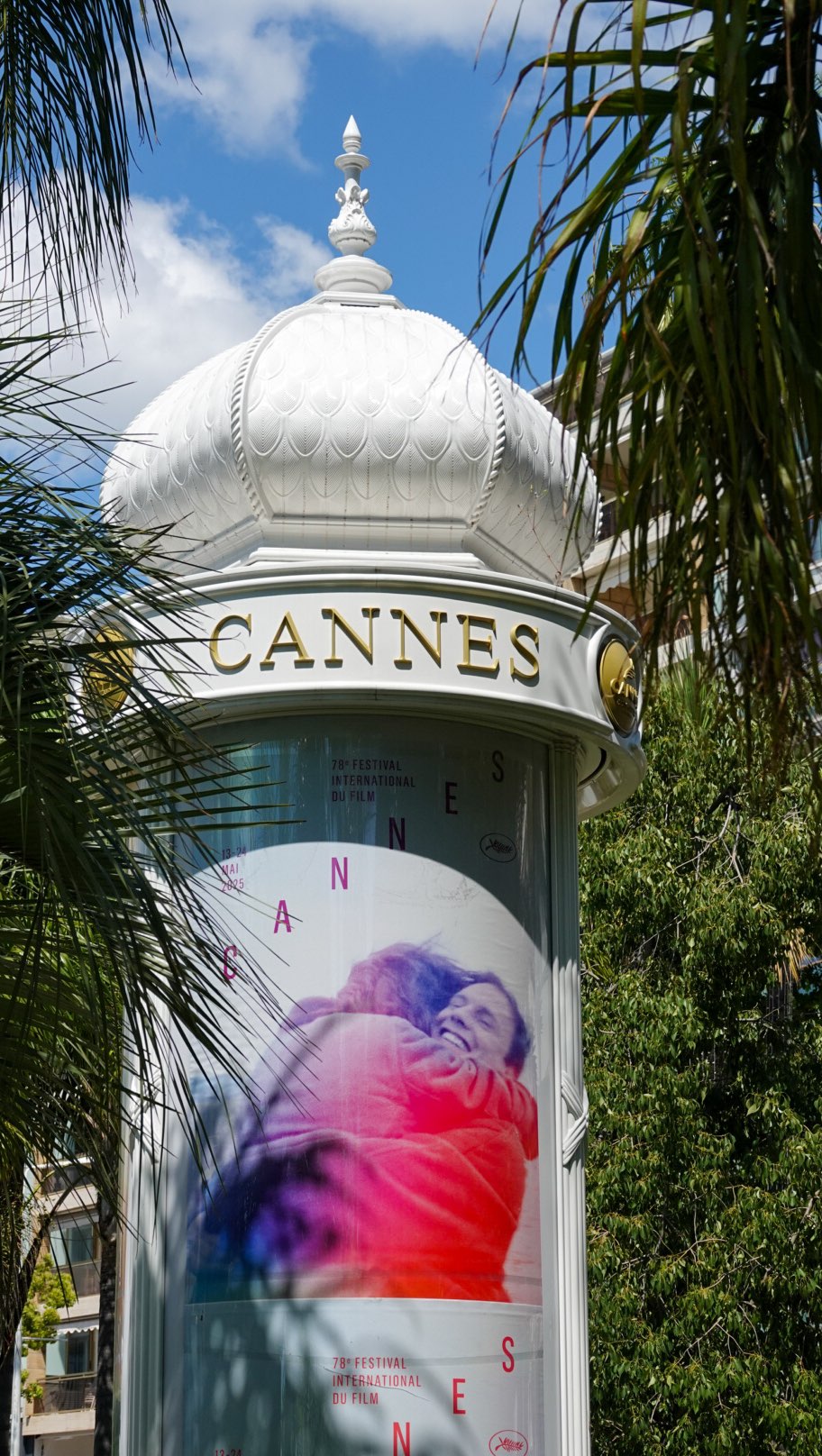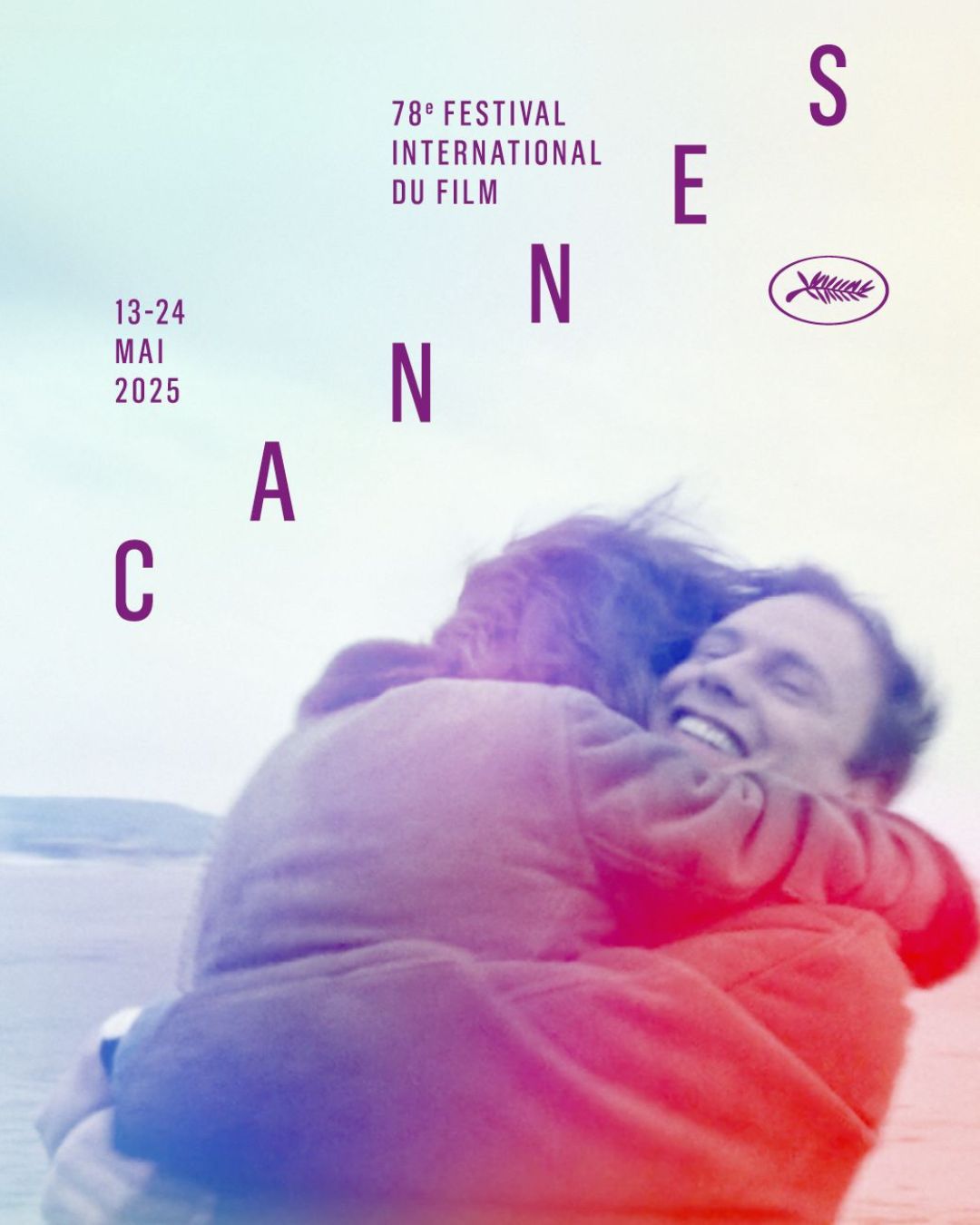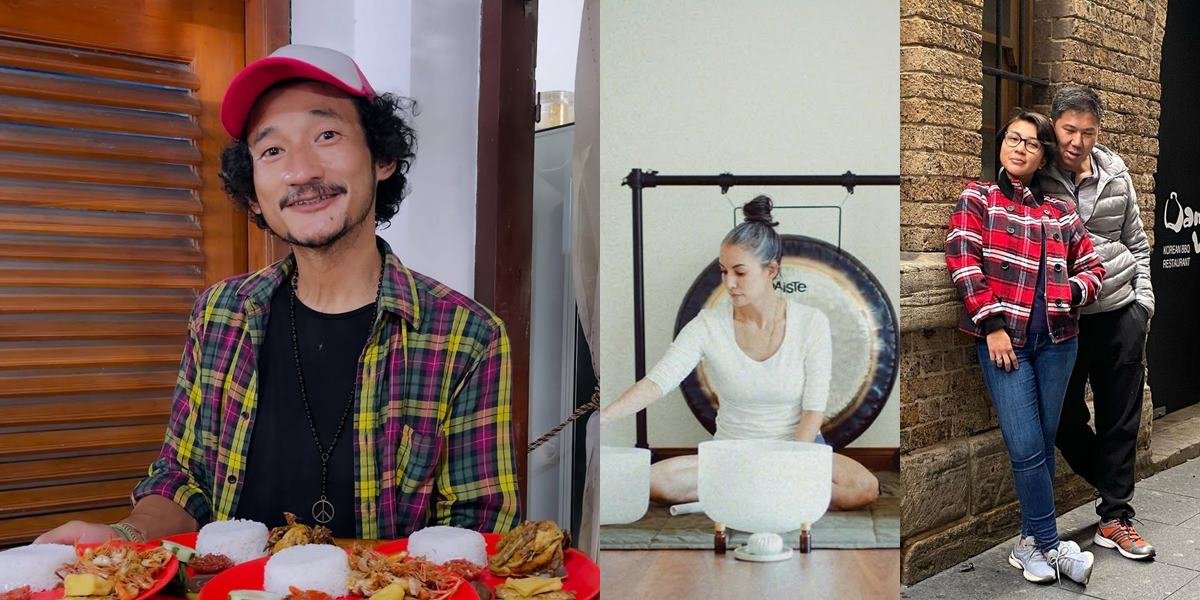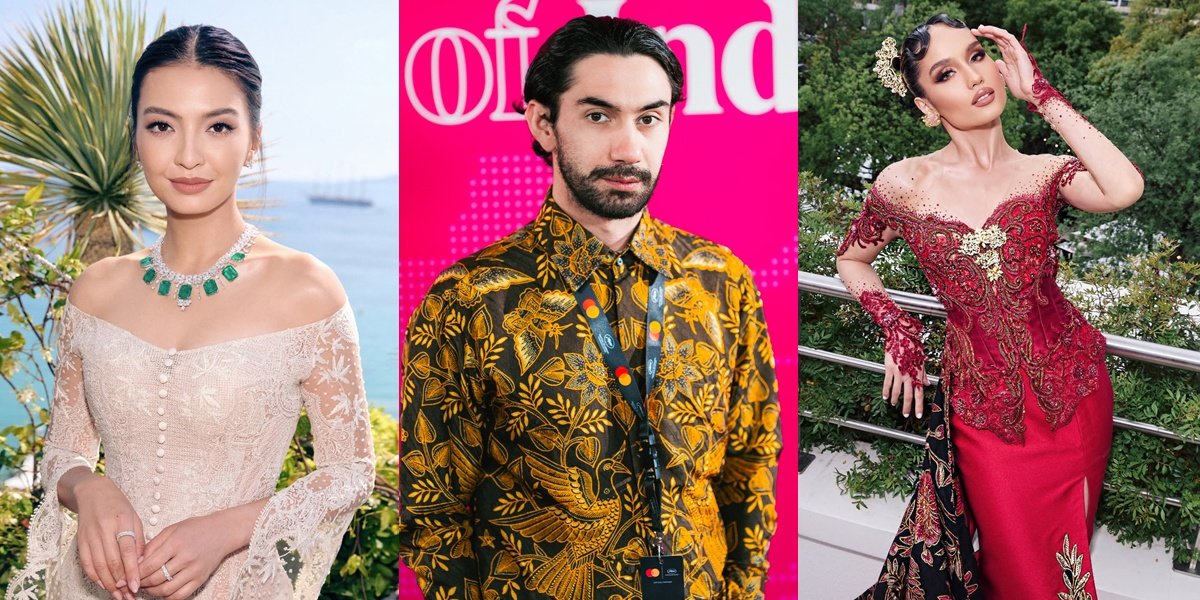Kapanlagi.com -
The Cannes Film Festival is one of the most prestigious film festivals. However, each time it is held, public attention often focuses solely on the red carpet. Understandably, the Cannes Film Festival indeed has the most glamorous red carpet tradition in the world. But beyond the red carpet moments, the Cannes Film Festival has a long history.
Not just a festival, the Cannes Film Festival is rooted in political conflict and the idealism of artistic freedom. This film festival was reportedly established during the dark times leading up to World War II. In fact, Cannes was first planned before Indonesia's independence, specifically in 1939.
So, are you even more curious about the history and long journey of the Cannes Film Festival from its inception to its current stature? To find out, just take a look at the following explanation.
1. Background and Founders of the Cannes Film Festival

Cannes Film Festival (credit: instagram/festivaldecannes)
As mentioned earlier, the Cannes Film Festival was first conceived in 1939 as a reaction to the political dominance at the Venice Mostra film festival, which at that time was heavily influenced by the Nazi regime and Italian fascism. The main trigger was when the Nazi propaganda film OLYMPIA and the Italian film LUCIANO SERRA, PILOT received the highest awards, surpassing American films that were actually superior in quality.
Feeling that the festival had become a propaganda tool, countries such as France, America, and England boycotted it. A French diplomat named Philippe Erlanger then proposed the establishment of a new festival that would be completely free from political interference.
This idea was supported by the French Minister of Education at the time, Jean Zay. The city of Cannes was ultimately chosen due to its tourist appeal and infrastructure readiness. Unfortunately, the inaugural edition planned for September 1, 1939, had to be canceled due to the outbreak of World War II.
2. Highest Award: Palme d'Or

Cannes Film Festival (credit: instagram/festivaldecannes)
The Palme d'Or or Golden Palm is the highest award at Cannes, first introduced in 1955. This award is given to the best film as judged by an international jury that changes every year. In addition to the Palme d'Or, there are also the Grand Prix and Jury Prize, which are equally prestigious.
This festival serves as a strategic launch pad for the world's top films. It is not uncommon for films that win at Cannes to then advance to other award stages such as the Oscars or BAFTA, making Cannes a barometer for the quality and global presence of the film.
3. Development and Its Impact on the World

Cannes Film Festival (credit: instagram/festivaldecannes)
After officially being held on September 20, 1946, Cannes immediately captured the attention of the film world. With the participation of 18 to 19 countries and an international jury, this event became a credible international film stage. In the 1950s, the festival gained more spotlight due to the presence of icons such as Grace Kelly, Kirk Douglas, Sophia Loren, and even Pablo Picasso.
Although it faced political tensions during the Cold War that led to film censorship, Cannes persisted and asserted freedom of expression by abolishing censorship rules in 1957. Now, Cannes is part of The Big Three, alongside Venice and Berlin. The festival also provides ample space for non-Hollywood films, independent films, and filmmakers from developing countries.
Several Indonesian works that have been screened at Cannes include TJUT NYAK DHIEN, MARLINA SI PEMBUNUH DALAM EMPAT BABAK, and the short film PRENJAK, which even won an award in the best short film category.
4. Agenda at Cannes Film Festival
Cannes has undergone significant modernization since its inception. Now, the festival is held every May, with a strict selection system and international standards. Not only does it feature competitive and non-competitive film screenings, but Cannes also presents Critic's Week and Directors' Fortnight as part of its alternative film program.
This festival is not only a venue for artistic appreciation but also an important place for discussion, collaboration, and networking in the global film industry. Behind the luxury of the red carpet, there is a strong spirit to promote creativity, diversity, and courage in storytelling through film.
Discover various interesting reviews from the entertainment world at kapanlagi.com. If not now, when?
(kpl/psp)
Disclaimer: This translation from Bahasa Indonesia to English has been generated by Artificial Intelligence.















